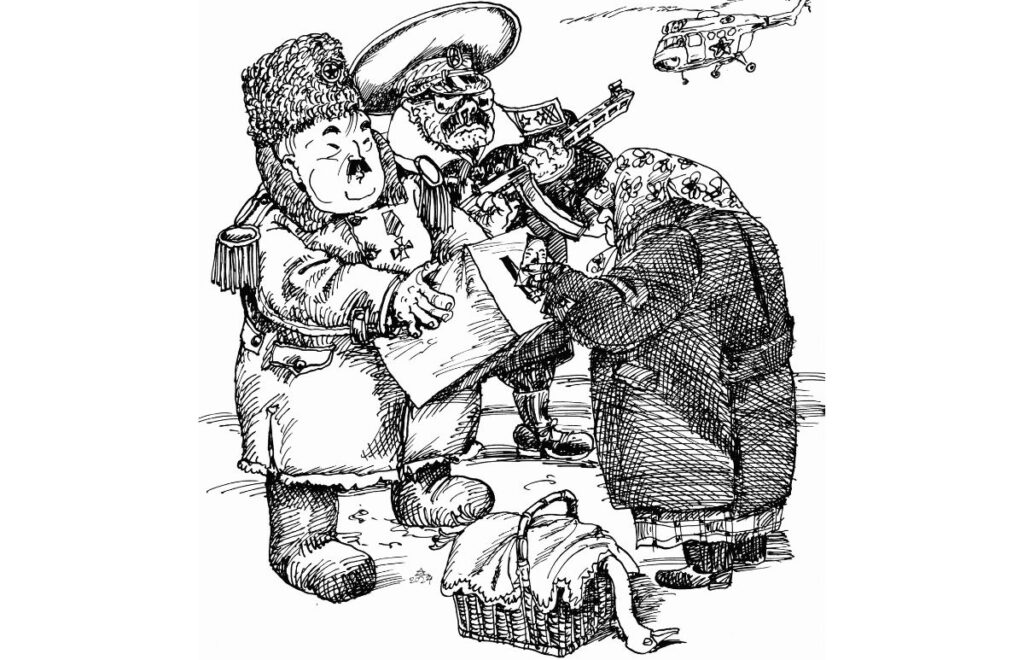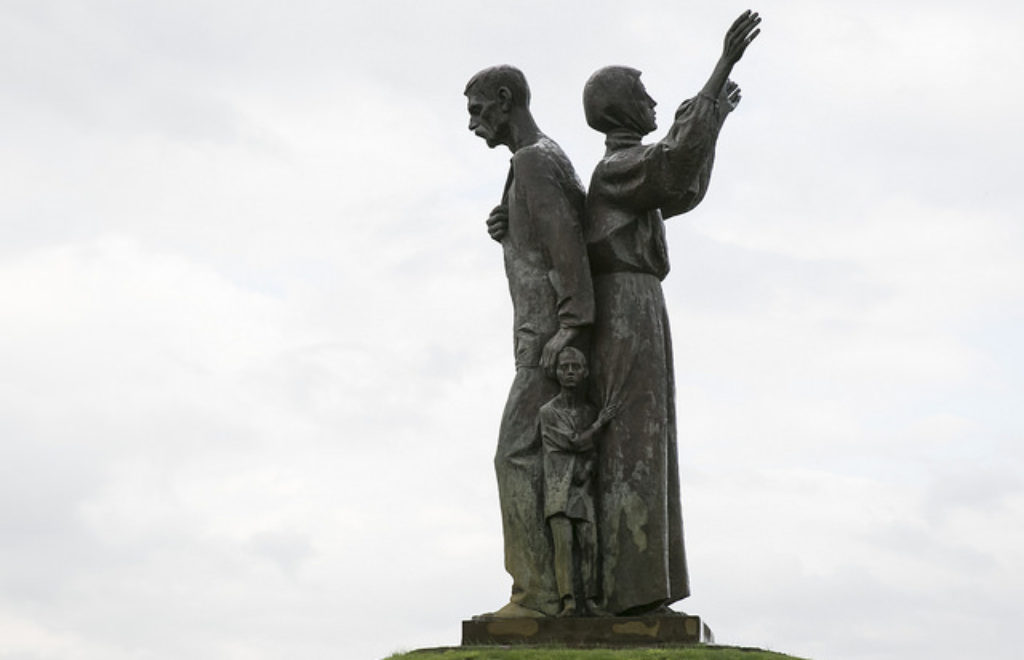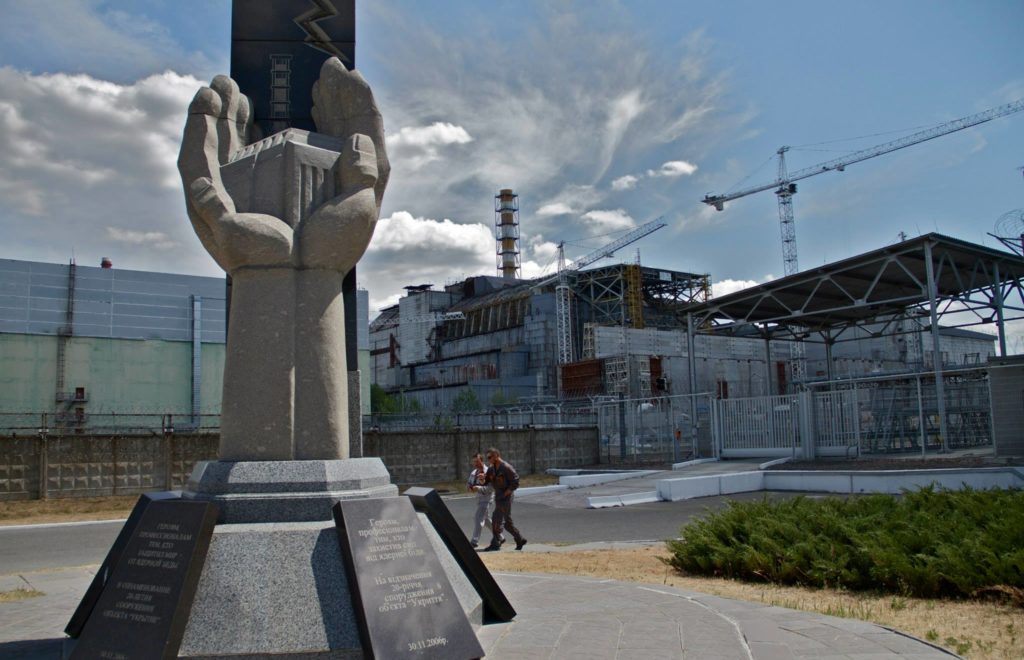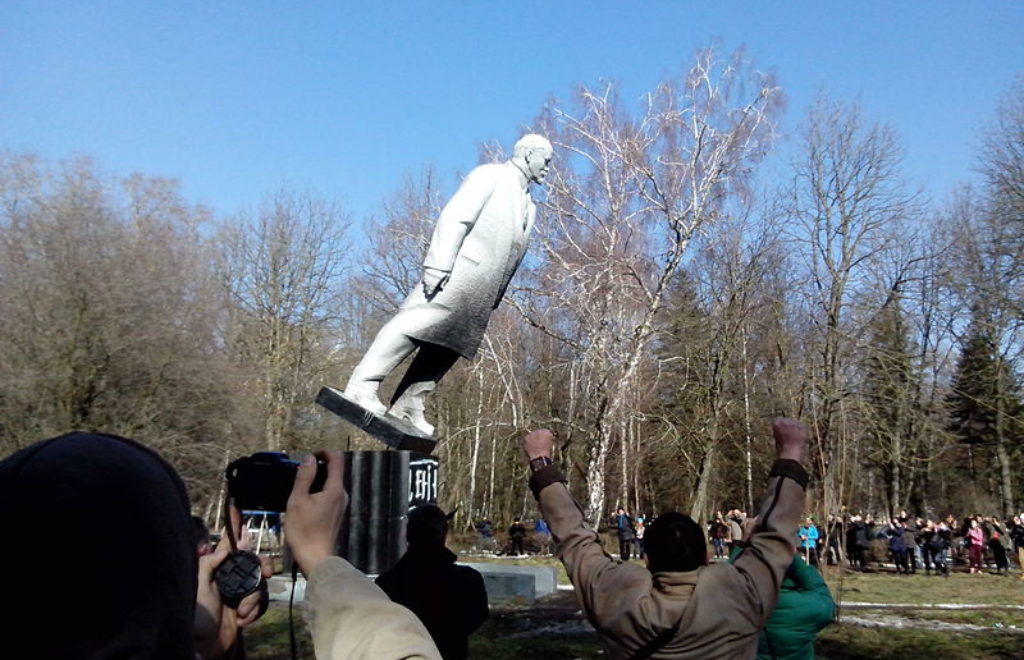Belarus: new elections to preserve a tired dictatorship
In the years that followed the controversial 2020 election – a resounding Lukashenka “victory” of over 80 per cent which bore little relation to the popular support for the challenger Sviatlana Tsikhanouskaya – the ruling regime has undergone several serious trials to which it has responded ever more harshly. Its recent measures have included the elimination of the opposition’s media sites, the shutdown of hundreds of civil society organisations and the dissolution of all opposition and several official political parties.
February 7, 2024 - David Marples Katsiaryna Lozka







































